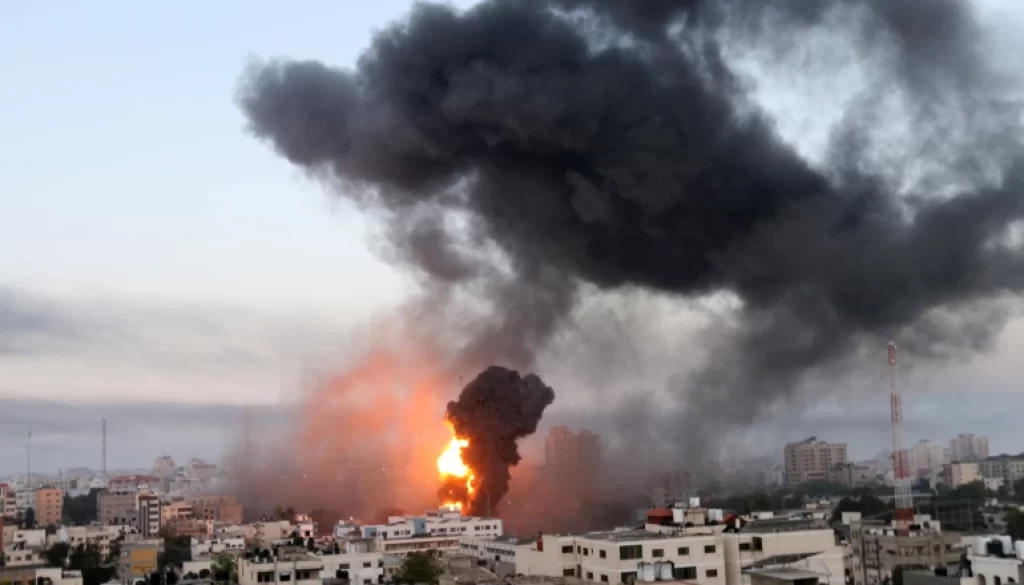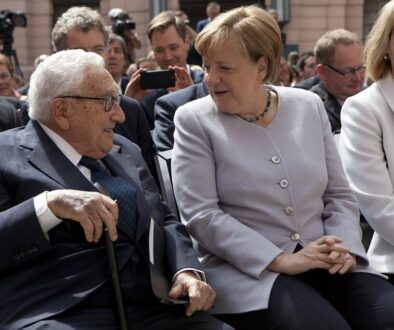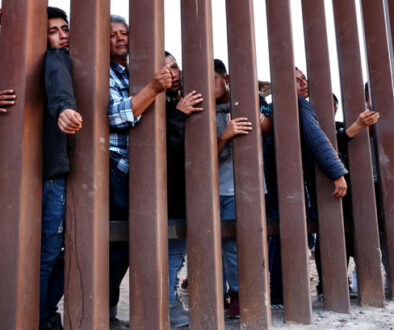New tension in Palestine: Eight points one must be aware of

The latest
Protests over the expulsion of Palestinian families and Israeli raids on Al-Aqsa Mosque compound preceded Israel’s heavy bombardment of Gaza.
Days of heavy bombardment on the Gaza Strip intensified on Wednesday, with Israeli fighter jets bombing sites belonging to Palestinian armed groups, as well as police buildings and apartment blocks.
Since the offensive began late on Monday, Gaza’s health ministry says at least 53 people have been killed, including 14 children. More than 300 others have been wounded.
Eight points to be aware of
Non-stop occupations and demolitions of Palestinian homes by Jewish settlers, heavy clashes in the Al-Aqsa Mosque, escalating tensions in East Jerusalem and the Old City, rockets fired by Hamas and a bloody Israeli response to the bombing of the Gaza Strip. All this is not new, but why now and who benefits? Let’s look at some points:
1) The main reason is the continuing political instability in Israel. In two years, four elections have taken place but a stable government has not emerged. Netanyahu’s insistence on staying in power, despite his judicial adventures, gives Likud first place but not the possibility of forming a government. Captive to his expansionist, racist and belligerent policies against the Palestinians, he is trying to polarize the far-right and religious audiences with a view to a fifth consecutive election.
2) The change in the White House has cancelled the open field given to him by Trump. The new government in Washington has not yet voiced its proposals regarding the Palestinian issue, but the Israeli prime minister is worried. He has waited in vain for a direct phone call from Biden after the election of the latter, which has been typically late. A different approach to the Palestinian issue from the US side may mean for Netanyahu a final exit from politics and that possibility could lead to his imprisonment.
3) Iran’s nuclear arsenal. Biden’s moves regarding the US return to the nuclear deal with the Islamic Republic (which was reached under Obama) are expected in the coming months. Israel constantly disagrees and attempts to frustrate the Washington-Tehran rapprochement. By attacking Iranian targets, Tel Aviv is trying to prevent developments.
4) The “Abrahamic Agreements” with a series of Arab states. Initially, the Arab states that concluded peace with Israel had removed from their agenda the resolution of the Palestinian issue with excessive cynicism. Now, Netanyahu wants to send a message to everyone that in order for these agreements to move forward, the Palestinians must be permanently abandoned. Any state that does not accept that cannot have relations of peace and cooperation with Israel.
5) The Palestinian elections, the first in fifteen years, were cancelled by the Palestinian President Mahmoud Abbas, because the Palestinians in East Jerusalem would not have been able to vote. Netanyahu would rather clarify the political landscape in Israel itself and then influence the outcome of the Palestinian elections in his favour.
6) Finally, Netanyahu bets on polarization. He wants a weakened Palestinian Authority and a strengthened Hamas. The tension gives points to the Islamic organization, as it has the operational capability of hitting targets in Israel.
7) The recognition of the non-partitioned Jerusalem by Trump as the capital of Israel opened the bag. Netanyahu wants to show that Jerusalem as a whole belongs to Israel and its status is for him and as he understands things non-negotiable.
8) The message to the Palestinians is: Quit the fight. You are alone.
“Eight points one must be aware of about the new tension in Palestine” is an article by Nektarios Bougdanis, a PhD candidate in Political Science at the Panteion University and a member of the Board of the Nikos Poulantzas Institute, published in the Greek daily Avgi on 12 May 2021 and translated into English by Pantelis Mina.


